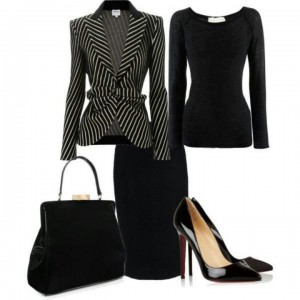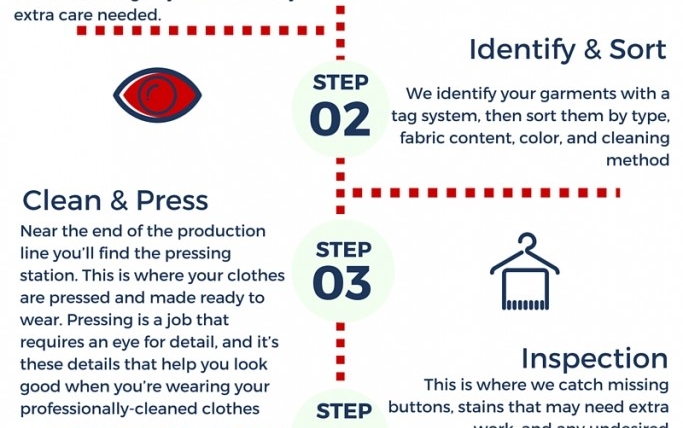Have you heard “It’s better to be over-dressed than under-dressed”? What about, “Dress for the job you want, not the one you have”?
Applying these guidelines in your work wardrobe could boost your chances at impressing your peers and superiors and help you obtain the job/promotion you want.
- Stick with the classics. If you’re shopping on a budget, go for classic styles and colors that will last. Avoid trendy items for now, or save your “fashion statements” for inexpensive items you can easily replace, like colored socks or pocket squares for men, costume jewelry and scarves for women.
- Learn to care for your clothes meticulously. Read the labels and follow them to the letter. Does it mean you will spend a little more time doing laundry? Probably. But your clothes will last much longer. If the items say “dry clean only” be sure to dry clean to maintain the like-new condition.
- Buy the highest quality you can afford. Price really does determine quality in many cases (up to a point). Bypass any budgetary issues by shopping for gently used items or last season’s styles. Look for a high quality consignment store in your area, which will usually have nicer pieces than thrift stores, and shop outlet malls and discount stores. Familiarize yourself with high quality brands you’d like to buy, then look for them on your discount shopping expeditions. *See our post on How to Shop Consignment.
- Buy fewer, but better items. You may find you need to purchase fewer clothes to ensure better quality. Look for separates you can easily mix and match instead of dresses or matched suits. Stick with classic pieces in muted colors and patterns so that if you wear a shirt more than once a week with a different jacket or pants, people aren’t likely to notice.
- Pay attention to fit. Many times the difference between a suit (or any piece of clothing) that looks expensive and one that looks cheap is all in the fit. Find a good tailor who can help adjust all of your clothes — even inexpensive ones. That extra few dollars can make a world of difference. Likewise, get to know your local shoe repair shop that can help keep shoes, belts, and purses looking new. (psst… We do alterations and shoe repair in house).
- Look for durable fabrics including wool, cotton, silk, and linen, and avoid man-made fabrics like polyester and rayon, which will deteriorate and show wear faster.
- Choose multi-season pieces. When considering a new piece, think about how you can wear it in different seasons. Aim to have most of your closet be wearable on all but the deepest winter and hottest summer days rather than splurging on items that are only useful for a short time each year.
Do you have any career wardrobe dos and don’ts to share?
– S.O.
*Repurposed from Bernard Marr‘s post. He is a globally recognized expert in strategy, performance management, analytics, KPIs and big data. He helps companies and executive teams manage, measure and improve performance.



